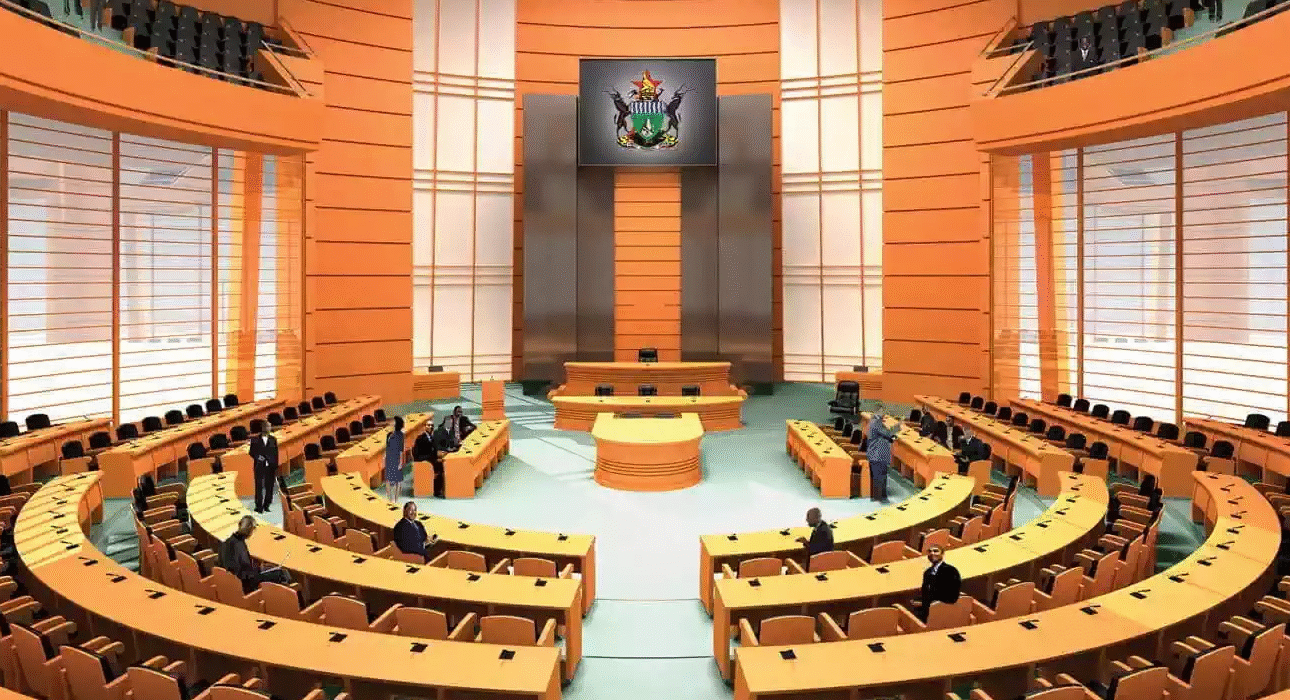For decades, the legal framework for disability rights in Zimbabwe was anchored to the Disabled Persons Act of 1992, a piece of legislation that, while groundbreaking for its time, was rooted in a welfare-based, charitable model. This perspective often views persons with disabilities as objects of pity rather than as active citizens with inalienable rights.
However, the 21st century has ushered in a transformative era for disability rights in the nation, marked by two pivotal developments: the National Disability Policy (NDP) launched in June 2021 and the subsequent gazetting of the Persons with Disabilities Bill in February 2024.
Together, these documents signal a monumental shift toward a human rights-based approach, seeking to align Zimbabwe with its own Constitution and international standards, such as the UN Convention on the Rights of Persons with Disabilities (CRPD), which the country ratified in 2013.
The launch of the National Disability Policy was a watershed moment. Developed with support from the United Nations and other stakeholders, the NDP’s core purpose is to dismantle the systemic marginalisation and discrimination faced by Zimbabwe’s estimated 1.4 million persons with disabilities. It provides an overarching framework to guide all sectors—public, private, and developmental—in mainstreaming disability inclusion. P
resident Emmerson Mnangagwa, at the launch, articulated the policy’s ethos perfectly, calling for an end to viewing disability as a charitable case and urging society to treat persons with disabilities as equals capable of contributing productively to the nation’s development.
The policy is comprehensive, advocating for everything from disability-inclusive budgeting and accessible public infrastructure (ramps, Braille, etc.) to the establishment of disability focal points within all government ministries to ensure accountability.
Building on this foundation, the Persons with Disabilities Bill of 2024 is the critical legislative instrument designed to give the NDP legal teeth. Its tabling was a direct result of powerful advocacy from coalitions like the “Equal Zimbabwe” campaign, a collective of over twenty organisations of Persons with Disabilities (OPDs) and civil society organisations.
This new Bill proposes to repeal and replace the 1992 Act entirely, moving beyond its outdated definitions and limited scope.
One of the most significant advancements in the Bill is its expanded and more nuanced definition of disability. It recognises a wider range of physical, mental, intellectual, and sensory impairments and, crucially, adopts the social model of disability.
This model posits that disability arises not from the impairment itself, but from the interaction with societal barriers—be they physical, attitudinal, or institutional—that hinder a person’s full and effective participation in society.
Furthermore, the Bill introduces robust mechanisms for enforcement and oversight. It proposes the establishment of a National Commission for Persons with Disabilities, an independent body with the authority to investigate rights violations, conduct inquiries, and ensure compliance with the law.
This is a game-changer, moving from a system of passive hope to one of active enforcement. The Bill also mandates the creation of a Disability Fund to finance programs and initiatives aimed at empowering persons with disabilities and creating a more inclusive society.
The rights enshrined in the Bill are extensive and transformative. It asserts the right to free and affordable legal aid to ensure access to justice. In education, it champions the right to learn in one’s preferred language, including Sign Language, and access to free primary and secondary education.
In a direct move to empower and mainstream, the Bill stipulates that persons with disabilities must be included in all decision-making bodies, a provision aimed at ensuring that policies are designed with them, not for them. It also recognises the vital role of families, providing support and training for parents of children with disabilities.
These provisions collectively aim to dismantle barriers and create a society where persons with disabilities can realize their full potential and become self-reliant

